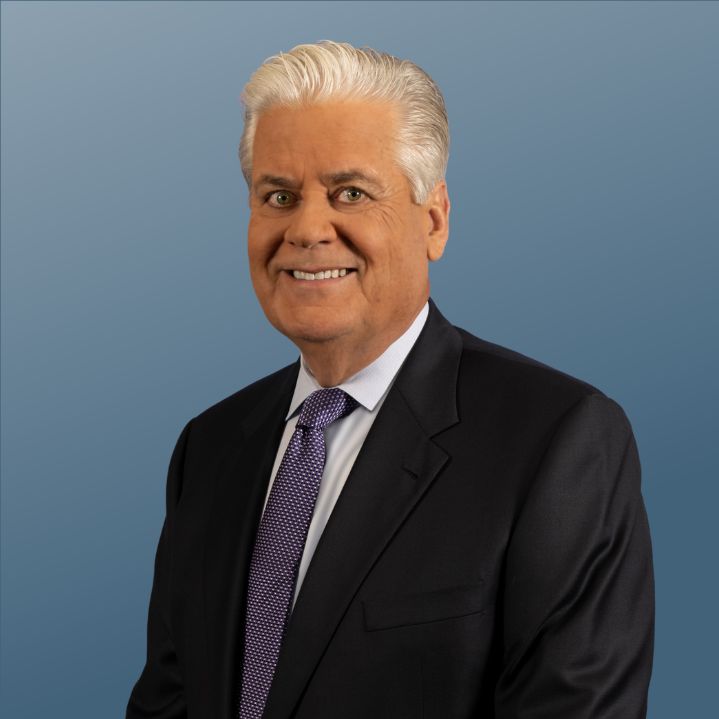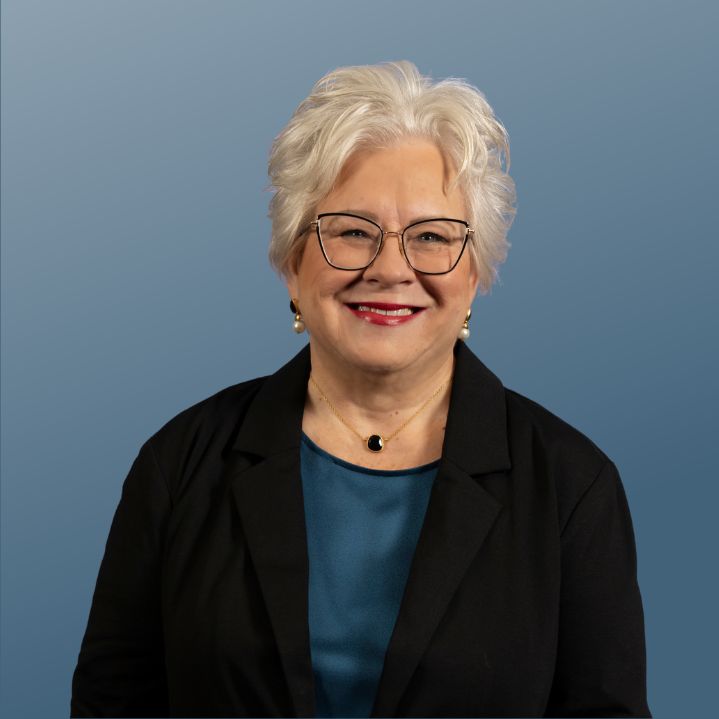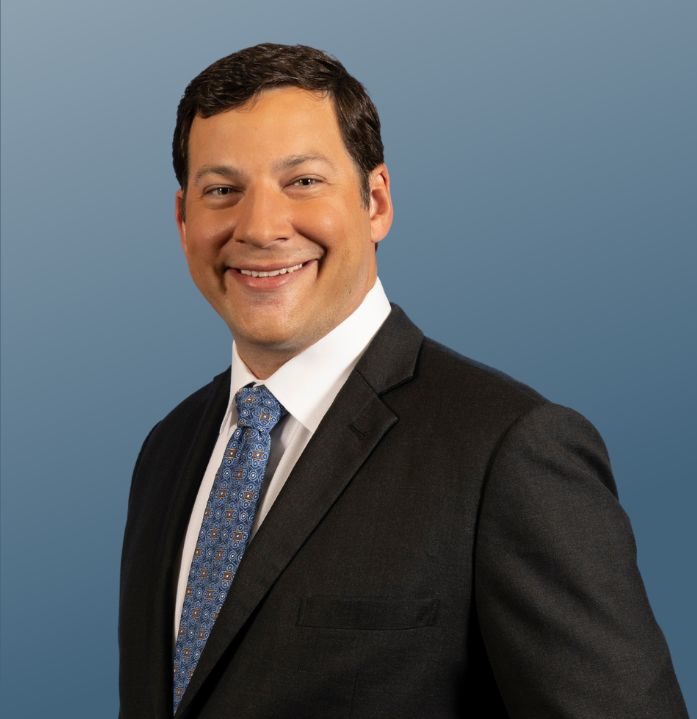 In his hit song, “The Older I Get,” American singer and songwriter Alan Jackson sings that the older he gets, the more thankful he feels for the life he has had and all the life he is still living. Like many today who have reached the traditional retirement age of 65, Jackson is not slowing down and embracing the next phase of his life. In fact, in March of this year, Jackson announced a nationwide ‘farewell’ tour that could be anything but. Does Cher’s 1999 farewell tour ring a bell? The years after turning 65 are no longer short in duration and lived in declining health. Now, those reaching retirement age in good health can look forward to another twenty, thirty, or more years – many of them in excellent health. Are these years being planned for? How will they be spent and are there the financial resources to realize these plans?
In his hit song, “The Older I Get,” American singer and songwriter Alan Jackson sings that the older he gets, the more thankful he feels for the life he has had and all the life he is still living. Like many today who have reached the traditional retirement age of 65, Jackson is not slowing down and embracing the next phase of his life. In fact, in March of this year, Jackson announced a nationwide ‘farewell’ tour that could be anything but. Does Cher’s 1999 farewell tour ring a bell? The years after turning 65 are no longer short in duration and lived in declining health. Now, those reaching retirement age in good health can look forward to another twenty, thirty, or more years – many of them in excellent health. Are these years being planned for? How will they be spent and are there the financial resources to realize these plans?
At C3 Financial Partners, our interest in studying the impact of aging and obtaining the greatest benefits from increasing longevity dates back to our Founder, Todd Healy’s, master’s degree in social work with an emphasis on studying the elderly.
8,000 Days
 The MIT AgeLab is a multidisciplinary research program that works with businesses, governments, and NGOs to improve the quality of life of older people and those who care for them. Researchers at the AgeLab have produced a workbook to help those planning for the 8,000 days after reaching retirement age. Broadly, the AgeLab wants participants to recognize that they likely have many years ahead and should plan how to maximize the enjoyment of those years. It does not matter whether someone intends to keep working, travel, or to spend time with an expanding family – what is important is that there is a map of how this might look, including what financial commitments this will take.
The MIT AgeLab is a multidisciplinary research program that works with businesses, governments, and NGOs to improve the quality of life of older people and those who care for them. Researchers at the AgeLab have produced a workbook to help those planning for the 8,000 days after reaching retirement age. Broadly, the AgeLab wants participants to recognize that they likely have many years ahead and should plan how to maximize the enjoyment of those years. It does not matter whether someone intends to keep working, travel, or to spend time with an expanding family – what is important is that there is a map of how this might look, including what financial commitments this will take.
The AgeLab asserts that the final 8,000 days are spent in four phases:
The Honeymoon Phase – Find a retirement mentor to transition to the 8,000 days. Often this starts with studying healthcare and caregiving services for one’s parents who are finishing their own 8,000 days. By seeing to their well-being, will free up time and financial resources to make one’s 8,000 days a success.
The Big Decision Phase – Decide where to live and what this means to a lifestyle. Is a house with a yard and other responsibilities a fit? Perhaps a condo with amenities and services makes more sense. Next, find purpose. This could be volunteering, getting involved in art, culture, or faith-based activities, helping to care for children or anything else that provides meaning and satisfaction.
The Navigating Longevity Phase – Get organized about what resources and services will be needed to complete the 8,000 days. While healthy, examine caregiving options and update wills, trusts, and other financial structures and documents.
The Solo Journey Phase – Learn how to live alone and to reinvent oneself as a widow or following a divorce. Look forward to the future after reclaiming oneself as a total person. Make new friends as a new person.
The planning specialists at C3 Financial Partners have created a worksheet specifically designed to help plan for and keep track of major life events in later years. Part of this planning means, making sure financial resources are available to enjoy these events. Previous blogs have discussed using life insurance and long-term care coverage in longevity planning.
Aging Well
 If good health is not maintained, it might be challenging to enjoy those later years. While creating a longevity plan is important, so are the specifics on how to live during these years. This past summer, the New York Times published a guide on how to slow down the decline that comes with aging by making smart choices in four areas:
If good health is not maintained, it might be challenging to enjoy those later years. While creating a longevity plan is important, so are the specifics on how to live during these years. This past summer, the New York Times published a guide on how to slow down the decline that comes with aging by making smart choices in four areas:
Eat
Small changes in eating habits can lower the risk for many of the diseases associated with aging. Lose just a little bit of weight to reduce the risk of diabetes and heart disease. Skip processed and packaged foods in favor of dark-colored fruits and vegetables. When it comes to supplements, a proper diet replaces the need for most of them.
Move
A body in motion will age better than one on the couch. Exercise in intense intervals and lift weights until you are tired. Studies have found that exercise can actually help reverse the aging of a body’s largest organ – the skin. Overall, moderate exercise can stave off heart disease and lower the chances of premature death. Above anything else, stay out of the sun.
Think
Aging well means taking care of both the body and the mind. Learning to dance engages both the mind and body with one study showing positive neurological effects. Consider artistic activities like music, painting, singing, writing, and storytelling to keep cognitive functions sharp. Yoga and meditation can also provide this benefit.
Connect
Strengthen social ties. Consider continuing to work in some capacity. Stay connected with others. Friendships can get someone through the inevitable health setbacks that occur with aging. A study of 2,320 men who survived heart attacks found that those with strong personal connections were far more likely to stay alive over the next three years of follow-up.
The Best Days are Ahead
 True longevity planning goes beyond creating a comprehensive financial strategy to considering physical health and quality of life factors. Planning to get the most out of 8,000 days will take a little work but will be worth it when it isn’t the last 24,000 days that you think about.
True longevity planning goes beyond creating a comprehensive financial strategy to considering physical health and quality of life factors. Planning to get the most out of 8,000 days will take a little work but will be worth it when it isn’t the last 24,000 days that you think about.
Longevity planning is a very individualized process and there is no one financial savings tool or strategy that will meet everyone’s needs. Engaging an experienced and skilled financial professional can help establish a plan and put financial affairs in order so that a potentially longer period of financial independence can be achieved and so that accumulated wealth can be transferred as intended. At C3 Financial Partners, we help our clients gain clarity in their goals and objectives, confidence that they are making the right decisions, and coordinate with our client’s other advisors.
 ™
™



